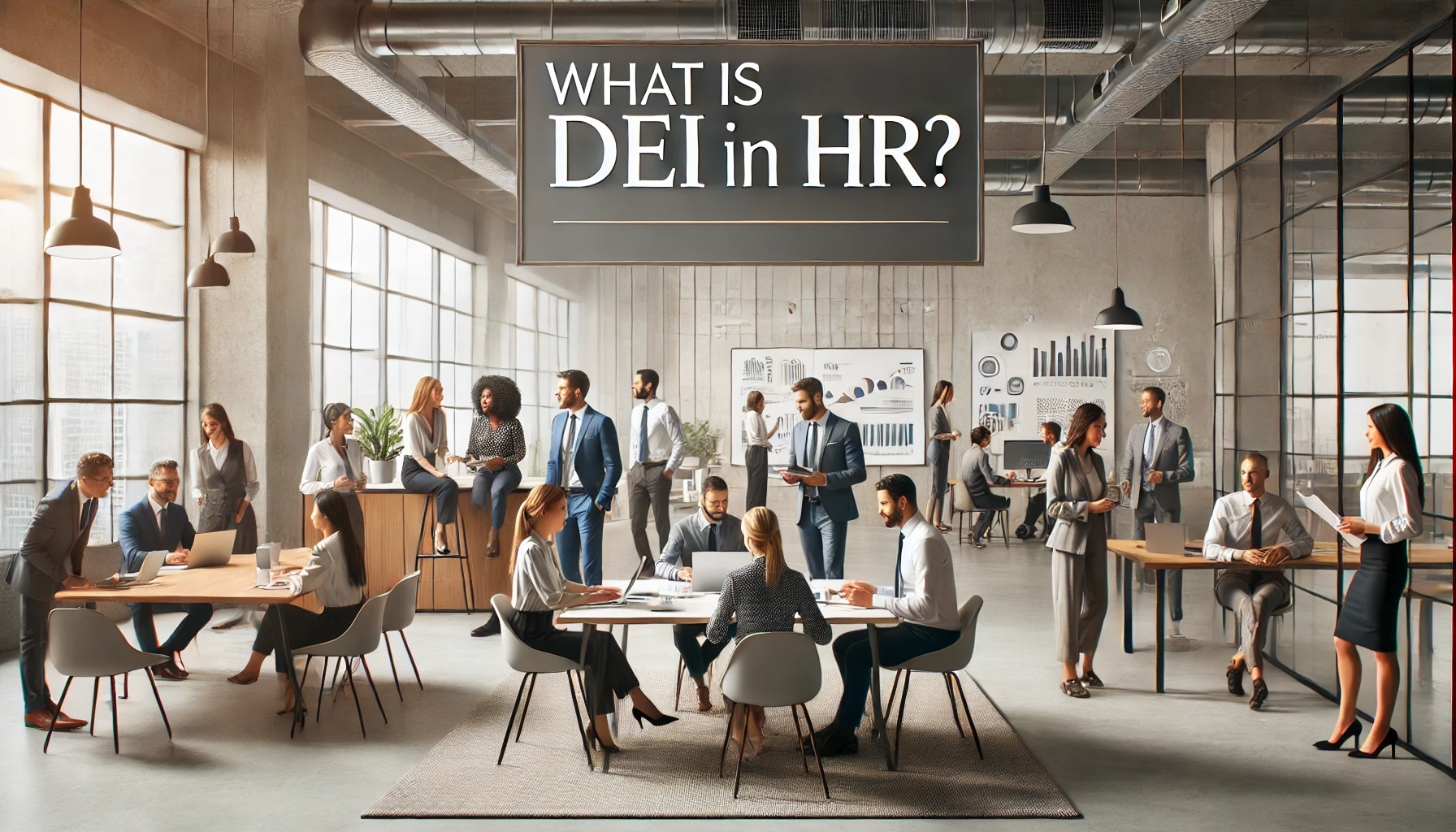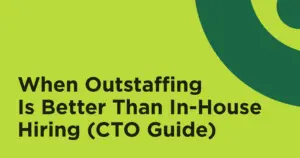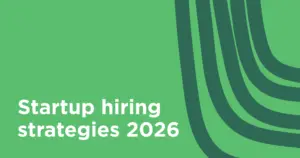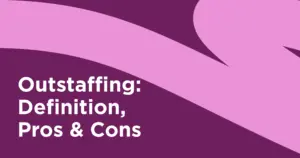In today’s evolving workplace, Diversity, Equity, and Inclusion (DEI) have become vital elements in Human Resources (HR). These three principles aren’t just buzzwords—they’re essential for creating happier, more engaged teams and fostering a culture where everyone can thrive.
Breaking Down DEI
Let’s make sure we’re on the same page:
- Diversity means having a variety of people in the workplace—different backgrounds, experiences, and perspectives. Think of it as a mix of races, genders, ages, abilities, and more.
- Equity is about fairness. It’s not just treating everyone the same but giving people what they need to succeed, based on their unique situations.
- Inclusion is all about making everyone feel valued and welcomed. It’s creating an environment where all employees can be themselves and contribute.
When these three work together, they help organizations tap into the full potential of their teams.
Why Does DEI Matter in HR?
So why is DEI such a big deal for HR? Here are some reasons that might resonate:
- Happier Employees: People are more engaged and productive when they feel respected and valued. A Glassdoor survey found that over 75% of employees consider diversity important when choosing a workplace.
- Better Ideas: Different perspectives fuel innovation. A report by McKinsey found that diverse companies are 35% more likely to outperform their competitors.
- Top Talent: Today’s workforce wants inclusive cultures. Focusing on DEI can help you attract and keep the best people.
- Stronger Reputation: Prioritizing DEI shows that your company cares about doing the right thing, which boosts its image with customers and employees alike.
- Lower Turnover: When employees feel like they belong, they’re less likely to leave. Retention improves when inclusion is a priority.
How to Build DEI in HR?

Creating a workplace that truly values DEI doesn’t happen overnight, but here are some practical steps to get started:
- Make Hiring Inclusive
- Write job descriptions with neutral, bias-free language.
- Post openings in diverse communities and networks.
- Train hiring teams to avoid unconscious bias.
- Focus on Fair Policies
- Regularly review pay to ensure equity.
- Offer benefits that reflect diverse needs, like flexible schedules and parental leave.
- Make sure everyone has equal access to promotions and career growth.
- Create Safe Spaces
- Support Employee Resource Groups (ERGs) for different communities.
- Encourage feedback from underrepresented groups to identify areas for improvement.
- Educate and Train
- Host regular workshops on topics like unconscious bias and microaggressions.
- Promote cultural awareness and open communication between team members.
- Measure and Share Progress
- Track diversity data and assess how well DEI goals are being met.
- Share updates with your team and stakeholders to maintain transparency.
Overcoming Challenges
Even with the best intentions, implementing DEI can be tricky. Here are some common hurdles and how to address them:
- Resistance to Change: Some people may not see the need for DEI. Use education and open conversations to address this.
- Bias: Unconscious bias is tough to eliminate but can be mitigated with training and awareness.
- Inconsistent Support: DEI efforts need buy-in from leadership. Make sure your leaders are actively involved.
- Resource Constraints: Smaller organizations might struggle with funding or staffing DEI programs. Start small and build as you go.
- Measuring Progress: Inclusion and equity are harder to quantify than diversity. Use surveys and feedback to get a clearer picture.
Real-Life DEI Wins
Here are a few companies leading the way with DEI:
- Salesforce: They’ve committed to annual pay equity reviews and created programs to support underrepresented groups.
- Microsoft: Their Autism Hiring Program is a fantastic example of supporting neurodiverse talent.
- Coca-Cola: Through supplier diversity programs and extensive training, they’re fostering a culture of inclusion.
Want more inspiration? Check out this article by Harvard Business Review.
What’s Next for DEI in HR?
The workplace is always changing, and so is DEI. Here’s what the future might hold:
- Better Tools: Technology like AI will make it easier to spot gaps and track progress in DEI efforts.
- Global Reach: Multinational companies will create consistent DEI standards while respecting local cultures.
- Wellness Integration: DEI will go hand-in-hand with mental health and employee well-being initiatives.
- Accountability: Leaders and employees alike will be held accountable for creating inclusive environments.
Conclusion:
Building a workplace that truly values diversity, equity, and inclusion is more than just a smart business move—it’s about creating a culture where everyone feels valued and empowered to succeed. DEI in HR isn’t just a buzzword; it’s the foundation of strong, innovative, and happy teams.
At Yoocollab, we’re here to help you build those teams. As an outstaffing company, we connect businesses with talented professionals who share their vision and values. Let’s work together to grow your team and make your workplace even better.
Ready to get started?
Reach out to us today, and let’s talk about how we can help!




